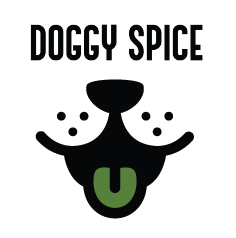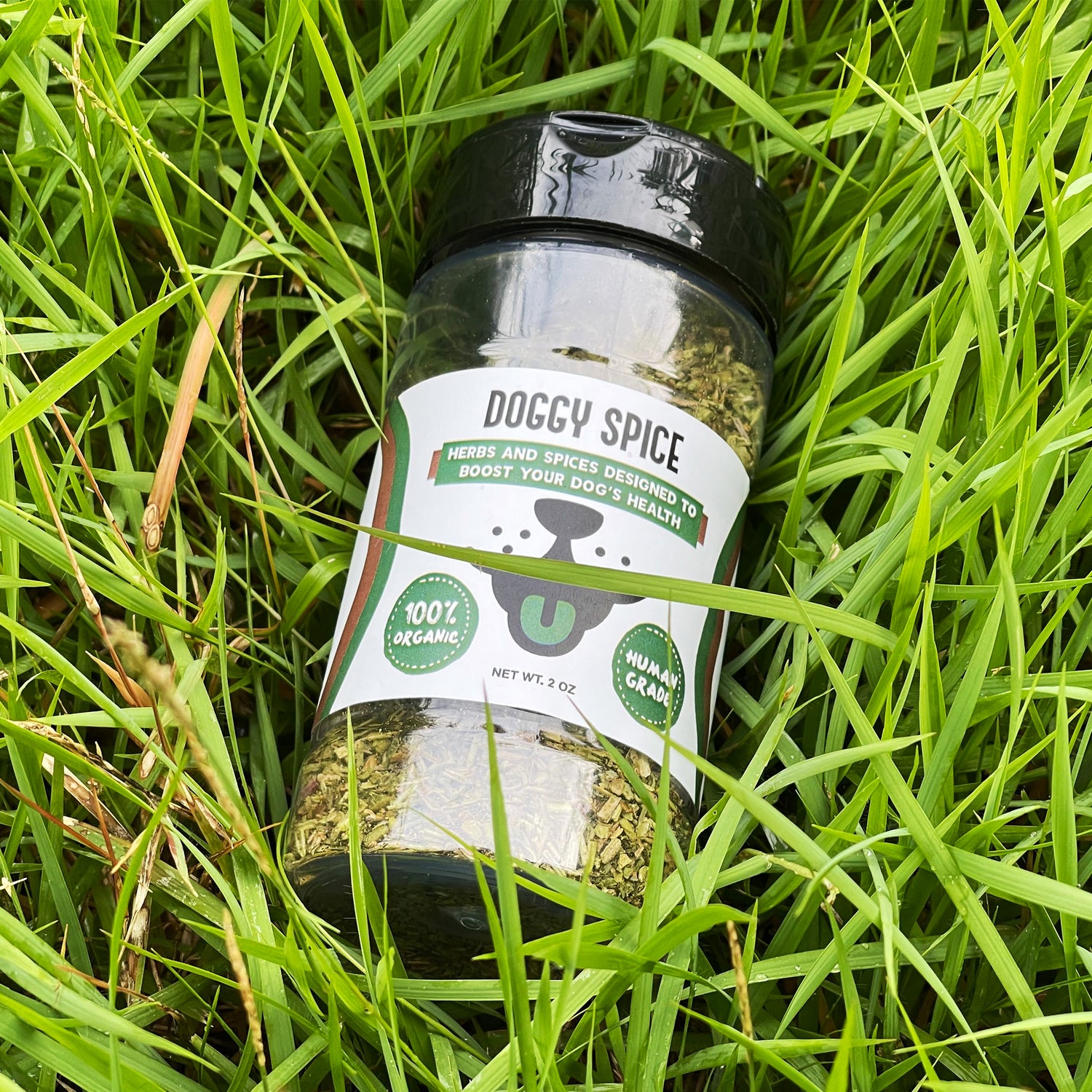
How to Prevent Your Dog from Overeating
Share
Introduction
For many pet owners, keeping a dog healthy and at an ideal weight is a top priority. However, overeating is a common issue that can lead to obesity, health problems, and a shorter lifespan. In this guide, we’ll cover practical tips to prevent overeating, expert-backed strategies, and the role of nutrition and portion control to keep your furry friend fit and happy. 🐾
Common Reasons for Overeating in Dogs
1️⃣ Genetics: Certain breeds, like Labradors, are more prone to overeating due to their genetics.
2️⃣ Boredom or Lack of Exercise: Dogs without sufficient stimulation may eat out of boredom.
3️⃣ Emotional Eating: Just like humans, some dogs eat more when stressed or anxious.
4️⃣ Free Feeding: Leaving food out all day encourages overeating, as dogs may eat even when not hungry.
5️⃣ Instinct: Dogs, especially those with a strong hunting or working background, may have a natural tendency to consume as much food as possible when it's available.
6️⃣ Boredom: Sometimes, dogs overeat simply because they’re bored or looking for something to do.
7️⃣ Insufficient Exercise: Dogs who don’t get enough physical activity may overeat as a way to compensate.
8️⃣ Stress and Anxiety: Just like humans, dogs may use food as a coping mechanism when they feel anxious or stressed.
9️⃣ Training Reinforcement: Using treats too frequently in training can contribute to overeating and weight gain.
Signs of Your Dog is Overeating 🐾
It’s important to recognize when your dog may be consuming too much:
- Weight Gain: Noticeable weight gain is the most obvious sign.
- Lethargy: Overeating can make dogs feel sluggish and less playful.
- Frequent Begging for Food: Constant begging could indicate hunger but may also mean they’re overeating out of habit.
Tips for Controlling Your Dog’s Appetite
Here are some practical ways to prevent your dog overeating:
1️⃣ Establish a Feeding Routine
- Providing meals at set times helps prevent overeating.
2️⃣ Avoid Free Feeding
- Only put out food during designated meal times to control portions.
3️⃣ Portion Control
- Follow feeding guidelines based on your dog’s weight and activity level.
- Use measuring cups or a food scale to ensure accurate portions. To avoid guesswork, use a measuring cup to control portions:
|
Dog Size |
Daily Food Portion |
|
Small Breeds |
½ to 1 cup |
|
Medium Breeds |
1½ to 2 cups |
|
Large Breeds |
2½ to 4 cups |
❗️ Check the food brand’s guidelines as they vary depending on caloric content.
4️⃣ Choose Quality Dog Food:
- A nutrient-rich diet with high-quality protein can satisfy your dog’s hunger better than low-quality kibble.
- Avoid fillers: Foods with excessive fillers (e.g., corn, soy) can lead to overeating as they offer limited nutritional value.
- Prioritize fiber: Fiber-rich foods help your dog feel full and maintain regular digestion.
5️⃣ Limit Treats 🦴
- Treats should only make up about 10% of your dog’s daily caloric intake.
- Use low-calorie or homemade treats as a healthier option.
6️⃣ Provide Plenty of Mental Stimulation 🧩
- Engage your dog with toys, puzzles, and training exercises to reduce boredom.Consider interactive feeders that encourage slower eating and mental engagement.
7️⃣ Increase Physical Activity
- More activity reduces boredom-driven eating and helps with weight management.
- Daily Walks: A minimum of 30 minutes per day for most dogs.
- Interactive Toys: Use food puzzles to slow down eating and provide mental stimulation.
8️⃣ Monitor Treat Intake 🍪
- Treats should be limited to avoid extra calories.
- 10% Rule: Treats should make up no more than 10% of your dog’s daily caloric intake.
- Healthy Alternatives: Consider low-calorie options, like carrot sticks or green beans.
Safe Dog Treat Alternatives to Prevent Overeating 🐾
|
Snack |
Benefit |
Portion Size |
|
Carrot Sticks |
Low-calorie, good for dental health |
1-2 small sticks |
|
Green Beans |
High in fiber, low-calorie |
3-4 beans |
|
Apple Slices |
High in vitamins (remove seeds) |
1-2 slices |
|
Pumpkin |
High in fiber, good for digestion |
1-2 tbsp |
Benefits of Preventing Overeating in Dogs 🐕
- Healthy Weight Management: Reducing the risk of obesity, which can shorten your dog’s lifespan.
- Improved Mobility: Maintaining a healthy weight prevents joint strain, especially in larger breeds.
- Better Digestion: A regulated diet supports optimal digestion and reduces the risk of digestive issues.
- Mental and Emotional Health: Reducing overeating-related boredom helps prevent anxiety and behavioral issues.
“A well-regulated diet, combined with adequate exercise, is crucial in preventing obesity in dogs. This not only supports physical health but also enhances behavioral stability.” — Veterinary Nutrition Association
Top Herbs and Spices to Keep Your Dog Healthy All Year 🌿
- Cleavers (Galium Aparine) - Supports lymphatic health
- Rosemary- Antioxidant-rich
- Dandelion Greens - Provides vitamins A, C, and K
- Basil - Calming properties
- Peppermint - Aids digestion
- Celery Seeds - Anti-inflammatory benefits
- Dill - Rich in antioxidants
- Oregano - Immune-supporting
- Parsley - Supports fresh breath
- Thyme - Immune booster
- Ginger - Soothes stomachs
- Tumeric - Anti-inflammatory properties
These herbs and spices can easily be incorporated into your dog’s meals with Doggy Spice to promote overall well-being. 🌱
Dogs OvereatingFrequently Asked Questions (FAQ) 🧐
How can I tell if my dog is overweight?
Check if you can feel your dog’s ribs without pressing hard. Your vet can also help assess your dog’s weight.
How many treats should I give my dog daily?
Treats should make up no more than 10% of daily caloric intake. Low-calorie treats or small pieces are best.
Are there dog-safe vegetables I can give as snacks?
Yes! Carrots, green beans, and pumpkin are nutritious, low-calorie options.
What should I do if my dog is always hungry?
Consult your vet to rule out any health issues. If cleared, try offering high-fiber, low-calorie foods to help them feel fuller.
How can I slow down my dog’s eating?
Use a slow feeder or puzzle feeder to encourage slower eating, which aids digestion and prevents overeating.
🐶 Final Tips for Keeping Your Dog at a Healthy Weight
- Monitor Your Dog’s Activity Level: Ensure they get regular exercise based on their breed and age.
- Schedule Regular Vet Check-Ups: Routine vet visits can help catch any weight-related health issues early.
- Avoid Giving Human Food: Many human foods are high in calories and can be harmful to dogs.
References
1. American Veterinary Medical Association. (n.d.). Healthy weight management in dogs. Retrieved from https://www.avma.org
2. Veterinary Nutrition Association. (2023). The importance of a balanced diet in preventing obesity. Retrieved from https://www.vna.org
3. Canine Obesity Research Center. (2022). Dog obesity facts and prevention tips. Retrieved from https://www.dogobesity.org

